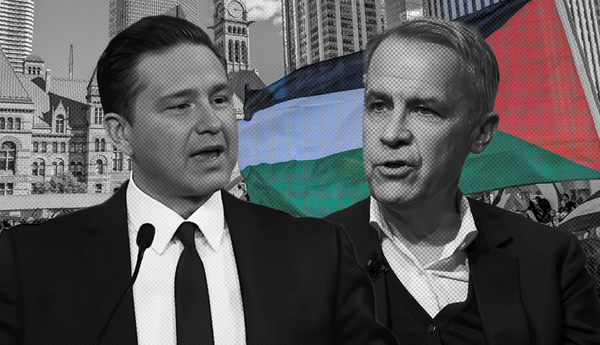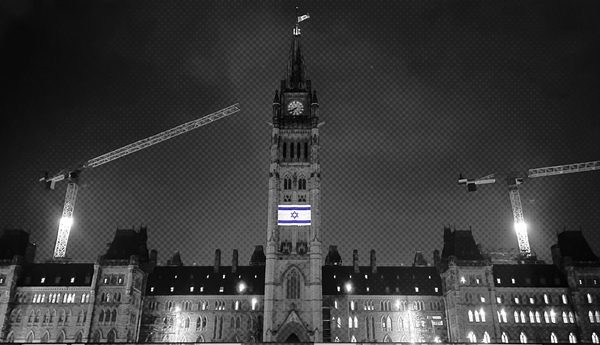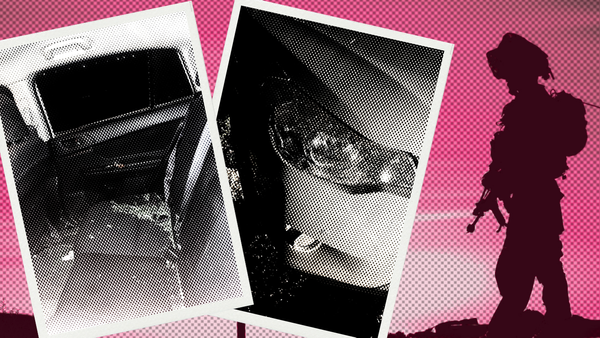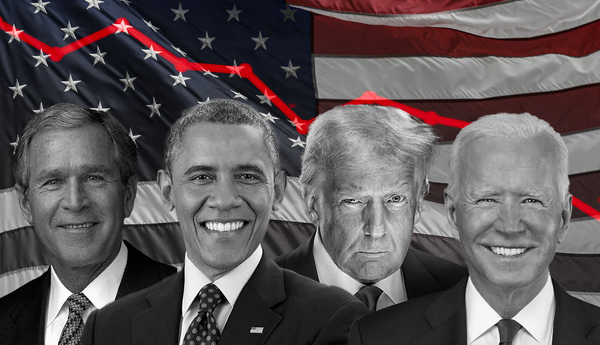This week, Kabul, the capital of Afghanistan, fell to the Taliban after the government propped up by the United States quickly melted away in the wake of its withdrawal.
Twenty years ago though, Canada enthusiastically joined the U.S.-led invasion that would eventually install that government, promising success and a better Afghanistan in the years ahead.
There was no direct vote in parliament on whether to join the invasion. Instead, on October 7, then-Prime Minister Jean Chrétien announced in a speech to the country that he’d authorized the deployment of what would be about 2,000 troops.
Chrétien said he’d been in regular contact with then-U.S. President George W. Bush, claiming he “has been a symbol to the world of courage, resolve and wisdom.”
There was little other detail in Chrétien’s speech, which mostly consisted of platitudes about brave troops doing their duty, and standing with Canada’s allies.
He did finish it off with a bit of a flourish, stating, “I have made clear in the days since September 11 that the struggle to defeat the forces of terrorism will be a long one. We must remain strong and vigilant. We must insist on living on our terms. According to our values. Not on terms dictated from the shadows. I cannot promise that the campaign against terrorism will be painless. But I can promise that it will be won!”
On October 15, the Progressive Conservatives (PCs) under Joe Clark put forward a motion for MPs to support the mission. The motion read: “That this House reaffirm its condemnation of the terrorist attacks against our NATO ally, the United States of America, on September 11, 2001, and affirm its support for Canada’s courageous men and women in the Canadian Forces who are responding to defend freedom and democracy in the international military coalition against terrorism.”
Clark lamented that before the attacks, Western countries had lost their way: “There can be no doubt at all that Canada and other democracies have let our commitment to international development and justice falter. That commitment must be renewed in the interest of populations who suffer and in our own interest.”
Clark then added that it was Canada’s duty to “defend freedom and democracy” themselves following the attack.
“This attack was also directed against us, against who we are and what we believe in. It is our duty to react, not out of vengeance, but to protect our communities, to comfort and help our friends for whom any feeling of safety is gone, and to prevent a repeat of such terrorist acts,” Clark said. “I commend the Canadian government for now playing a more active role, including a military role, in the common front and common fight against terrorism.”
The vote itself was straightforward, with the Canadian Alliance (which would later merge with the PCs to become the Conservative Party), Liberals, PCs and Bloc Québécois all voting in favour, resulting in it passing by 213 to 10.
Brian Pallister — then Canadian Alliance MP, and now the premier of Manitoba — spoke on behalf of the party to express their support, and invoked an unlikely voice in the process.
“We know that, as Martin Luther King Jr. once said, ‘Injustice anywhere is a threat to justice everywhere.’ The terrorist attacks of September 11 were the worst of injustices. The threat of more such atrocities destroys the climate of peace. That climate of peace is essential for freedom to survive.”
Pallister added, “We will not surrender our freedom. We will not stand idly by as peace is destroyed here at home or as peace is destroyed next door. That would be un-Canadian. We will do our part. That is truly the Canadian way.”
The 10 who voted against the motion were all NDP members: Bill Blaikie, Pat Martin, Judy Wasylycia-Leis, Bev Desjarlais, Yvon Godin, Wendy Lill, Dick Proctor, Libby Davies, Svend Robinson, and then-leader Alexa McDonough.
During the debate McDonough laid out the NDP’s five-point stance opposing the motion, based on a resolution passed by the party’s federal council where they:
- Condemned the 9/11 attacks and called for the perpetrators to be brought to an international tribunal
- Supported the troops sent abroad “with a view to returning them safely home”
- Called on the government to move the issue to the United Nations to seek a “peaceful, diplomatic resolution” to bring the 9/11 attackers to justice
- Condemned the decision to commit troops to the U.S.-led mission without first convening a debate and vote in the House of Commons, and called for votes on any further deployments “particularly given the U.S. indication that it may be prepared to expand its attacks to other countries”
- Called for an immediate end to the intervention by the U.S., and the withdrawal of Canadian troops from the mission.
McDonough said, “Peaceful solutions are always appropriate, especially when we are dealing with terrorists and with the instability of many countries in the world whose response to escalating violence and greater military assaults is truly terrifying in terms of what it means for the peace of the world.”
The message wasn’t received well by the other parties.
Liberal MP Paul Szabo replied, “I would like the member to clarify. She cannot support the military and then condemn the government for putting the military into service if it is not under the auspices of the UN. I think it really comes down to not having it both ways.”
PC MP Gerald Keddy said, “To go back to another era, perhaps Neville Chamberlain should move over and [McDonough] should sit down because they are both standing in the same place. This is not the time nor place in Canadian history to try to stand on both sides of a line. We very clearly have drawn a line here and now is the time to take a stand.”
Before the end of the debate, McDonough took one more stab at the government, saying, “Canada’s response along humanitarian grounds has been pathetic. It is an embarrassment. It is an impoverished response compared to many other countries in the world and compared to what the government, apparently with the support of every other opposition party, stands ready to do by way of pouring billions of dollars into military solutions and very little into humanitarian and peace building solutions.”
But she was a small voice in a large crowd: The MPs were in no mood to talk about peace or humanity.
After the debate, Chrétien rose once more to talk about the war on terror, and the supposedly glorious future it would lead to.
“In the struggle ahead there may be no unconditional surrender or victory parades. But there will be countless victories. The quiet victories of everyday life. […] Our enemies have made a fatal miscalculation. They have mistaken our freedom for weakness. They have mistaken our openness and generosity for a lack of spine. They have mistaken our values for a lack of resolve. And they will be proven wrong. On every count.”
“The road ahead will be long. But our victory will be complete!”






